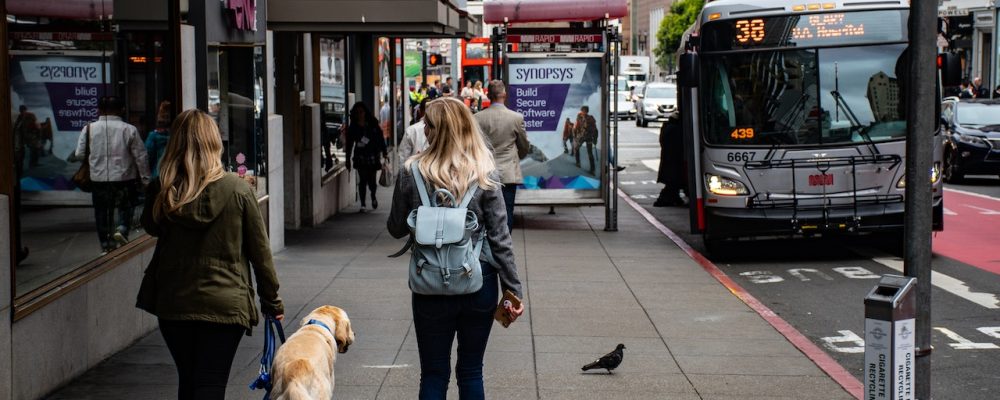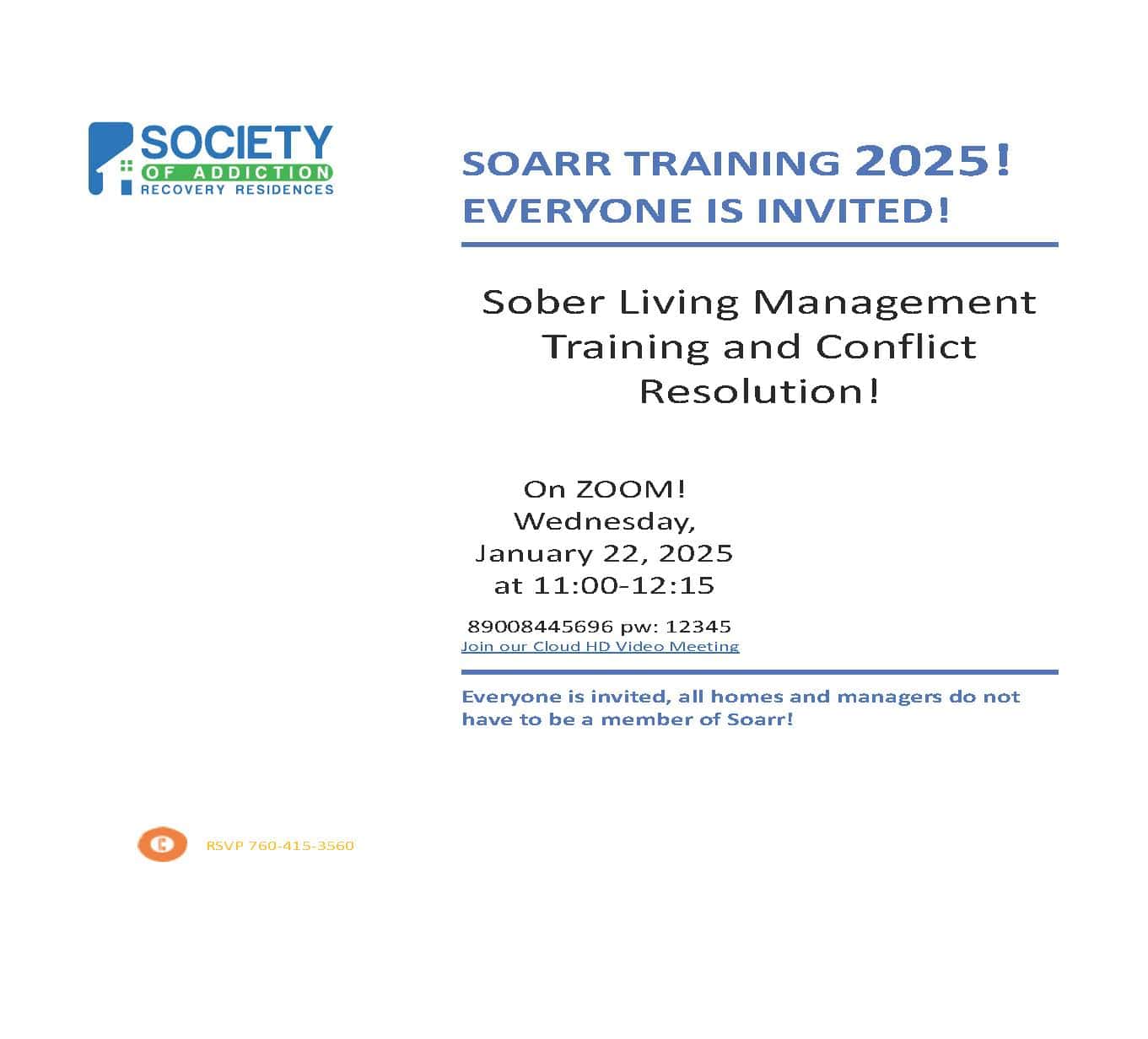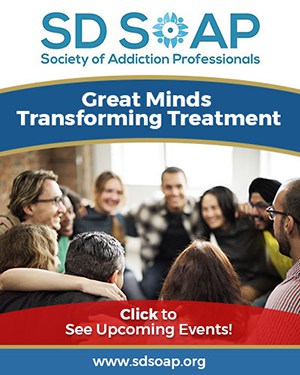Many people have been discussing the addiction and homelessness problems in California, especially in San Francisco, which seems to be a prominent example of how leadership approaches addiction in coastal cities. The city was called too lax and enabling when they allowed drug users a space to get high safely. Now Mayor London Breed says she believes that arresting drug users is one of the only ways to get addicted persons out of harm’s way. On the flip side, advocates say it’s time to reconsider opening a “wellness hub” in Tenderloin, the colloquial term used to describe indoor drug use sites staffed by nurses.
Different approaches have caused community members to lobby the Mayor. But no one group seems to hold the answer. In the meantime, over 300 overdose deaths occurred in the first three months of 2023. The addiction crisis rages on, with all eyes on how things play out in San Francisco now that they’ve changed tactics again.
San Francisco’s Intoxication Detention Program
On Monday, police arrested or cited 38 people under the “Intoxication Detention Program” for using drugs in public, according to Ms. Breed. A successful number, but it is unclear if these arrests will be beneficial. Once a person is arrested, there is a chance that they will face further barriers to employment or housing. Fines can quickly pile up, making a person likely to face jail time when they go unpaid. Yet people in Mayor Breed’s camp now believe that no one is incentivized to get clean and sober unless their actions have legal consequences.
“I’m going to continue to make sure that we are providing treatment, providing compassionate care, but at the end of the day, when we need to make arrests because someone is breaking the law and needs to be held accountable and can potentially be forced into treatment services, I’m going to do so,” Breed told constituents at a recent Q & A session.
Her ideas regarding the value of punitive punishment leading to recovery are not based on science; most people who decide to get sober do so because they’re simply ready and willing to do so. Harm reduction proponents say that this is why it is crucial to help addicted persons stay alive until they’re ready for recovery.
Advocates of “Wellness Hubs” and Harm Reduction Say Centers Should Re-Open
The Tenderloin “wellness hub” was quietly home to a center where people who use drugs could gather peacefully, use their drug of choice, and then pass out or go out into the world. (Their choice.) The drug centers offered users a safe, clean environment with sanitation supplies so they could use their drugs. For eleven months, that is.
Users of the hub say it benefited the community. Because the Tenderloin Center provided meals to clients, people didn’t shoplift food as much. Drug users still did what it took to get the drugs but could use them in a safer place. People returned to shooting or smoking drugs in public when the center closed. No one was given mental health services or housing, and because the clients at the center were still using drugs, there weren’t many programs they could participate in. For them, the place that helped them feel valued and safe was taken away, and took their dignity with it.
Not Enough Help At Wellness Hubs
Instead of helping people get drug treatment if they wanted it or mental healthcare, only 1% of visits to the site offered “completed linkage” to behavioral health programs. Two hundred eighty-one requests for help went unanswered with little to no accountability.
However, the San Francisco center did save lives. Staff at the site had reversed 320 overdoses by the time they closed. Clients were also given access to showers, washers and dryers, and other comforts to help them live healthier lives on the streets, for many people, that offered dignity and hope. More tangible benefits, such as housing vouchers, often went overlooked.
Re-opening the centers would give access back to people who need services. These services are not typically accessible in jail.
The FDA recognizes addiction as a brain disease you can’t lock away or leave untreated. Treatment, and medication-assisted treatment for opioid users, needs to be available, as the Mayor once promised, “on demand.”
It will take multiple approaches to help people in crisis turn over a new leaf. San Francisco has a lot of social ills to address. Hopefully, things will not go backward, and the idea that “punitive measures get people clean” will be left to historians and not take over other cities in California.
About SOARR
Great news! SOARR is a network of addiction and recovery professionals that help set standards in sober living homes. Get in touch to learn about our next meeting or how to join.





